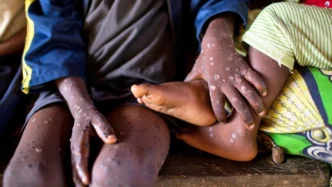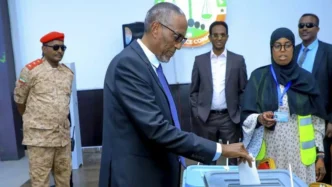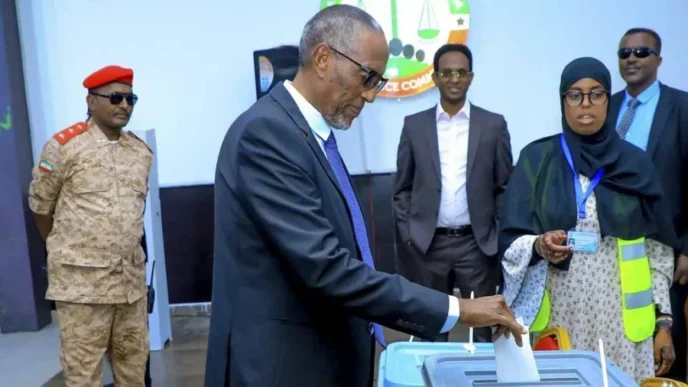The Democratic Republic of Congo (DRC) and Burundi are facing an alarming surge in cases of a new, aggressive mpox strain, spreading rapidly among children in both countries. Following a public health emergency declared in August, mpox cases among children have more than doubled, putting thousands at risk due to underlying challenges like malnutrition, displacement, and limited healthcare access. These two nations now account for 92% of all mpox cases in Africa, making them the epicenter of the outbreak.
As of November 3, suspected mpox cases among children in the DRC jumped from approximately 11,300 to over 25,600—a dramatic 130% increase. In Burundi, child cases rose from 89 to around 1,100 since the World Health Organization (WHO) declared the mpox outbreak a public health emergency of international concern on August 14.
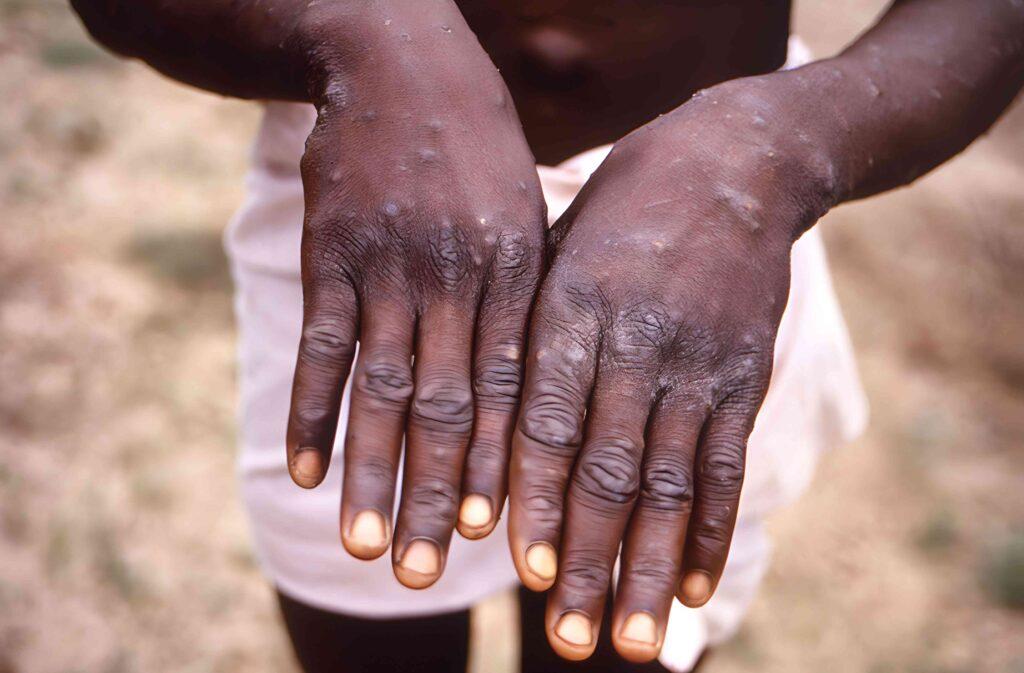
Save the Children reports that children face disproportionately severe risks: they are nearly four times more likely to die from mpox than adults, especially in high-poverty areas lacking adequate healthcare, sanitation, and access to testing and vaccines.
Mpox, known for causing fever, rash, and painful lesions, can have serious consequences for young patients, including respiratory issues and, in severe cases, sepsis—a life-threatening infection response.
“Children are especially vulnerable to mpox—they explore by touch and taste, don’t always understand health guidance, and have weaker immune systems than adults,” said Dr. Katia Vieira de Moraes LaCasse, Senior Clinical Manager at Save the Children’s Emergency Health Unit.
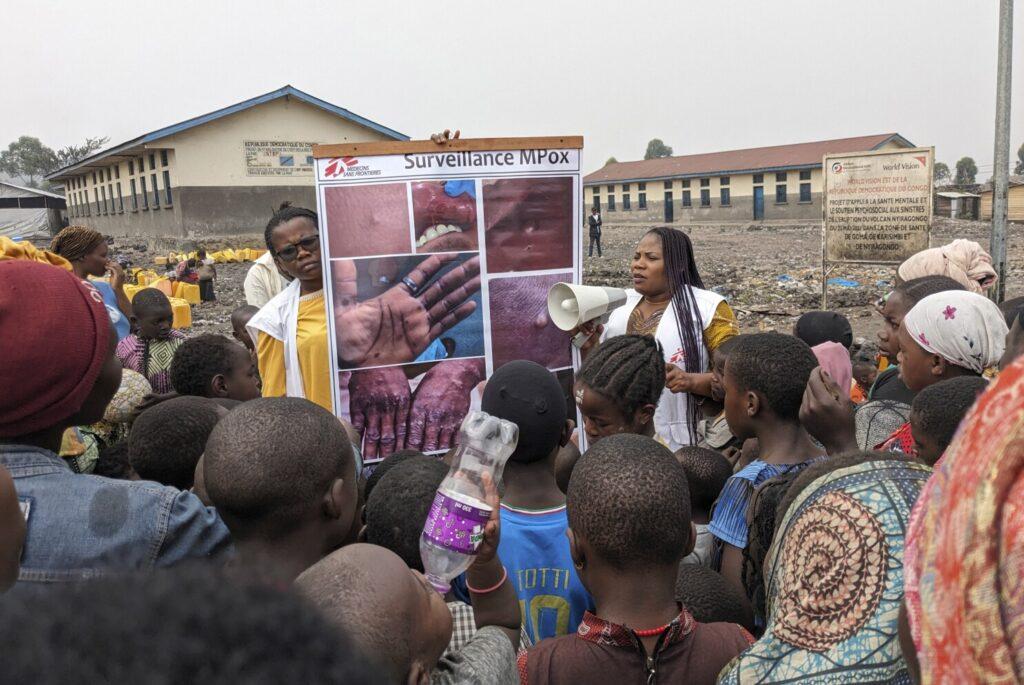
According to the Africa CDC, total mpox cases across the continent have surpassed 46,000 this year, with over 1,000 fatalities. Targeted vaccination campaigns, similar to those used in 2022, are urgently needed to protect high-risk communities, particularly children, in regions like the DRC and Burundi. Save the Children is collaborating with local authorities to distribute accurate information, provide medical supplies, and implement preventive measures, from isolation tents to protective equipment for health workers.
In Burundi, the organization is working with the Ministry of Health and the Department of Emergency Response (COUSP) to strengthen healthcare systems, focusing especially on protecting refugee populations. “By promoting supportive prevention practices, we can help children feel secure and prevent any form of discrimination from taking root,” LaCasse noted.
Further Read:
Will these critical efforts contain the spread of this deadly mpox strain before it impacts even more vulnerable lives?
